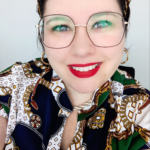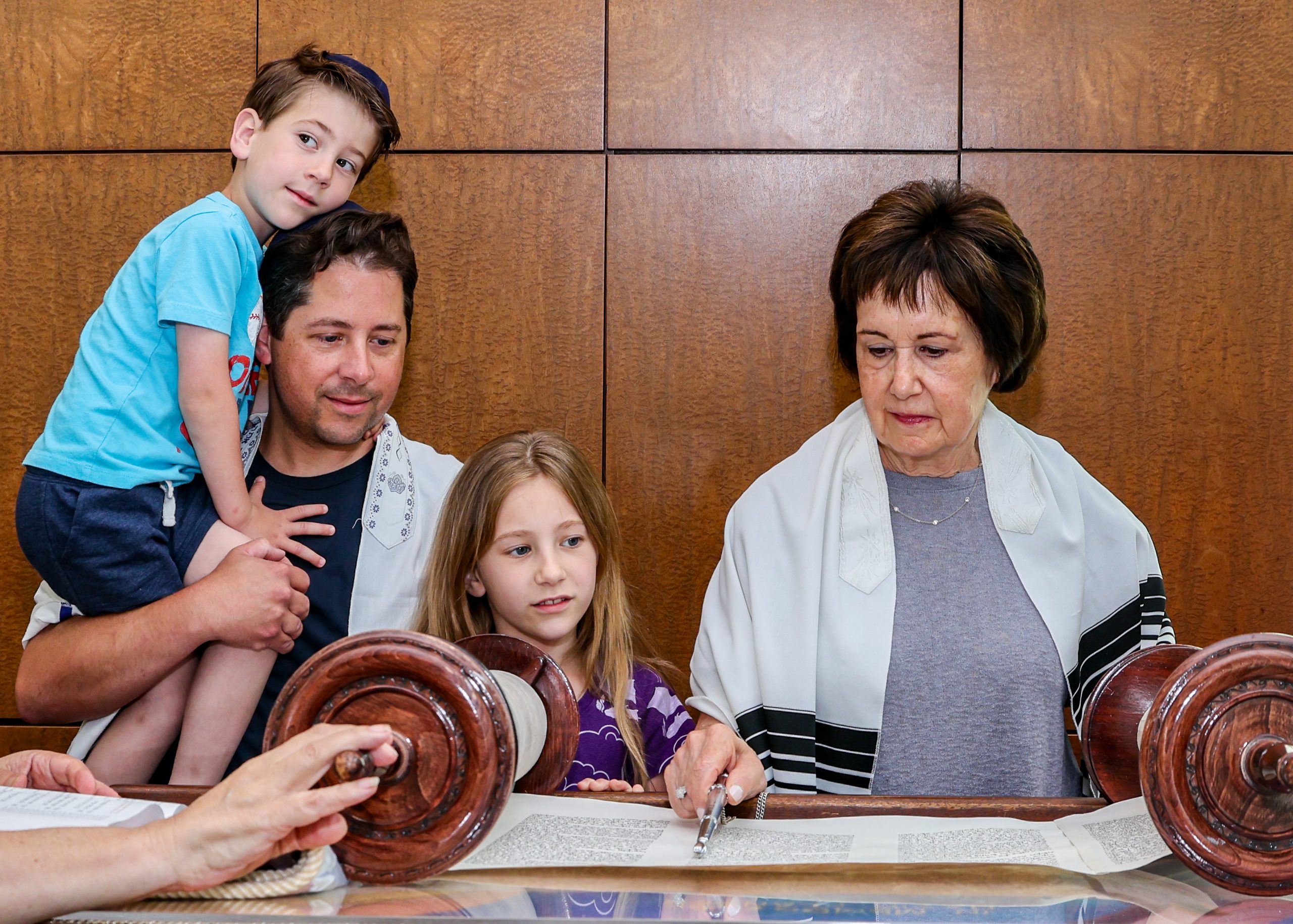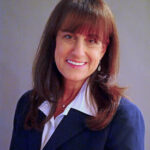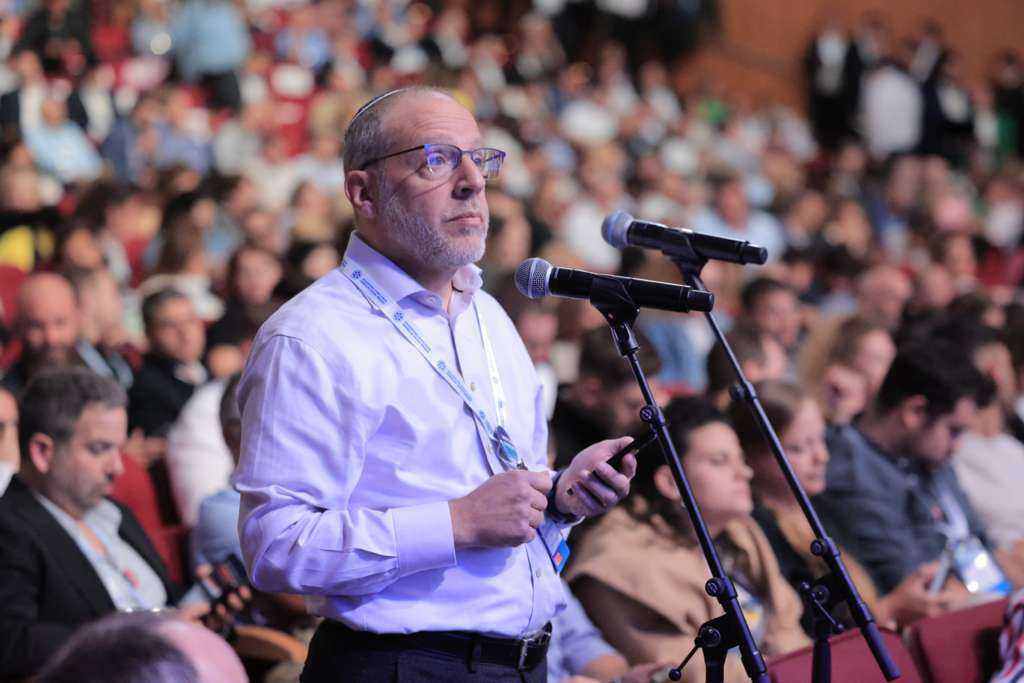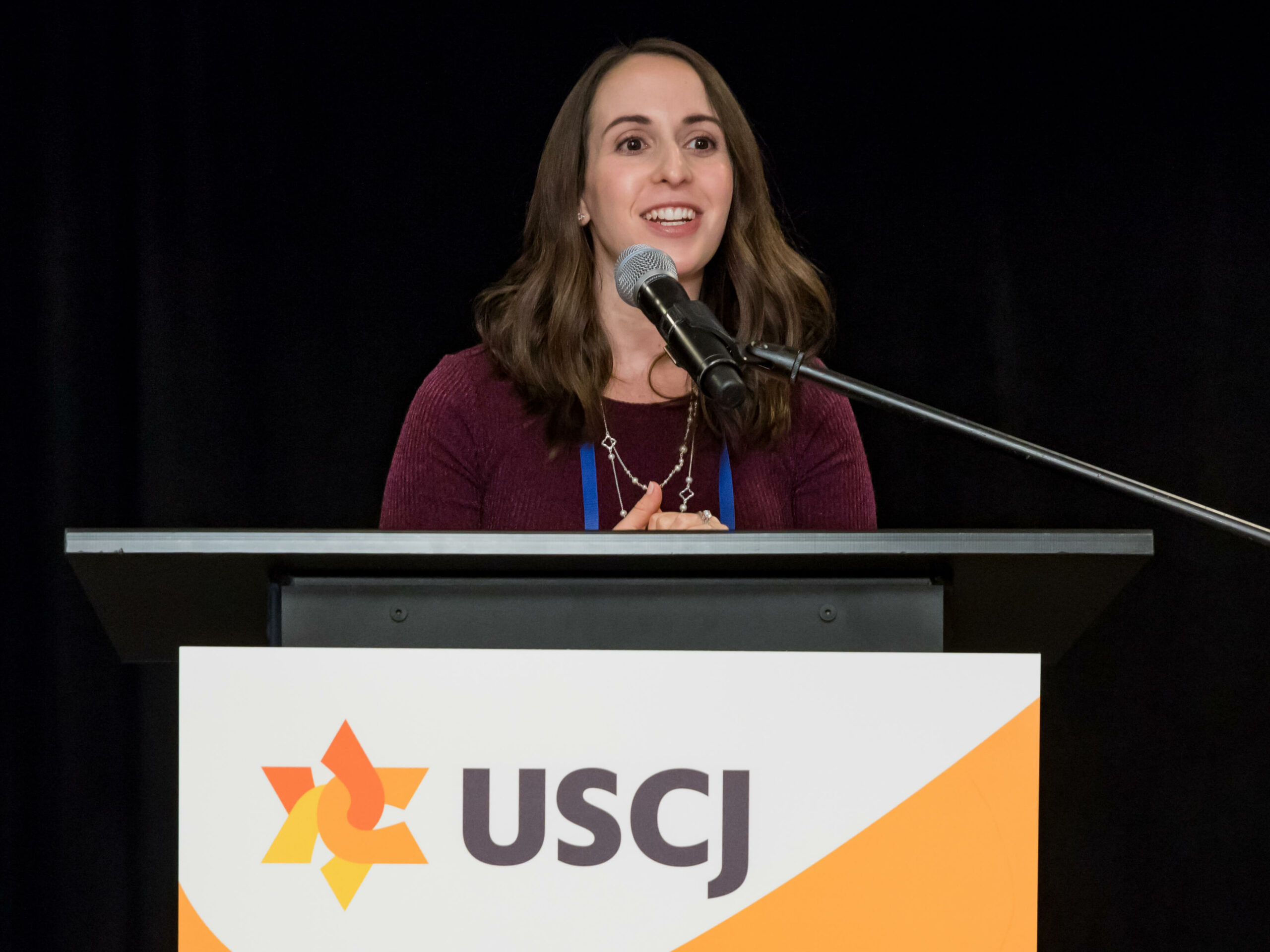
Congratulations on winning the 2017 Shoshanna S. Cardin Award. How did it feel to learn you had been nominated and won?
Honestly, it was a little overwhelming! Being recognized at the national level was an unexpected honor, and attending the USCJ convention was a great experience. Being able to share with others the work we’ve done at Neve Shalom and to learn about the great work being done at other synagogues was invigorating.
Why is it important to you to make Neve Shalom more inclusive and welcoming?
Jewish communal life is as much about building relationships with others as it is about the rituals that we perform together, and a strong kehilla is based upon connectedness within and across every facet of the community. To make these connections possible, we need to ensure that everyone is able to participate by recognizing the unique way that each individual experiences the kehilla and making accommodations to their needs. As we’ve taken this approach in building whole-community events at Neve Shalom, it’s been gratifying to see smaller subgroups slowly integrate into the broader community.
Can you tell us about some of the programs you have introduced at Neve Shalom?
The most significant program is our Community Shabbat Dinner, a vibrant monthly event that brings nearly 200 people together to welcome Shabbat. Our dinners attract people from throughout our community, and we carefully designed them to make sure that everyone felt welcome. We set up a play rug so that the little ones could run around while their parents finished eating and kibbitzed. We found a special siddur online that contained the full translated and transliterated text of the service, so that those who can’t read Hebrew can still fully participate. We priced the meals at a loss so that everyone could afford to attend and solicited sponsors to keep the program sustainable. They’re little details, but they help make sure that every individual feels that they belong. A lot of my other work has been behind-the-scenes. For example, I co-chaired the Learning Enhancement Task Force, where we evaluated our religious school, intensively studied and explored various religious school models in use today, and recommended the hiring of a full-time Education Director to integrate all aspects of lifelong learning in our shul. I’m a big believer that this behind-the-scenes work is just as important as great programming.


